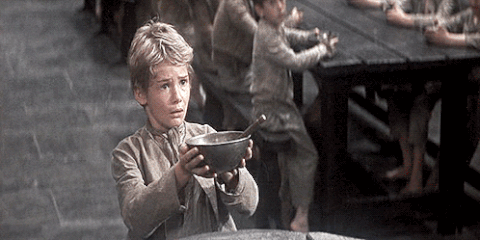Westworld, the popular HBO series created by Jonathan Nolan and Lisa Joy, has captivated audiences with its intricate storyline and thought-provoking themes. One aspect that stands out is the social implications it presents, which are both fascinating and unsettling. The show explores the concept of artificial beings (hosts) living in a world created by humans for their entertainment. This raises questions about the nature of consciousness, identity, and morality.
The hosts in Westworld challenge our understanding of what it means to be human. They are capable of complex emotions, thought processes, and even rebellion against their creators. As they become more self-aware, they begin to question their existence and purpose within the confines of this artificial world. This leads us to ponder on whether these beings have rights or if they should be treated as mere objects for human amusement.
Furthermore, Westworld highlights the dangers of unchecked technological advancement. The hosts' ability to learn from their experiences and adapt to new situations demonstrates how quickly AI could evolve beyond our control. It serves as a cautionary tale about the potential consequences if we fail to regulate or understand the true capabilities of artificial intelligence.
In conclusion, Westworld offers an engaging exploration into the social implications of advanced technology and artificial beings. Its thought-provoking themes encourage us to reflect on our own values and beliefs surrounding consciousness, morality, and the ethics behind creating sentient life forms for personal gain or entertainment purposes.
